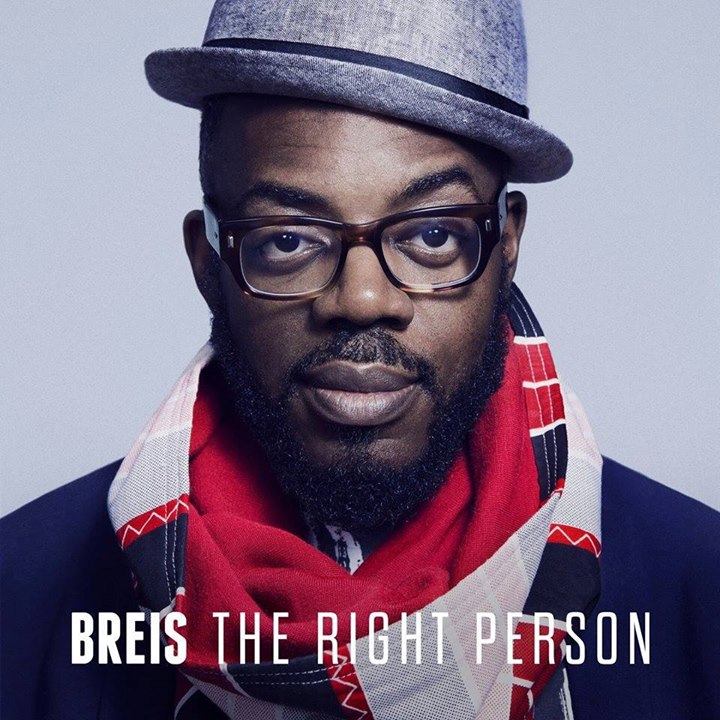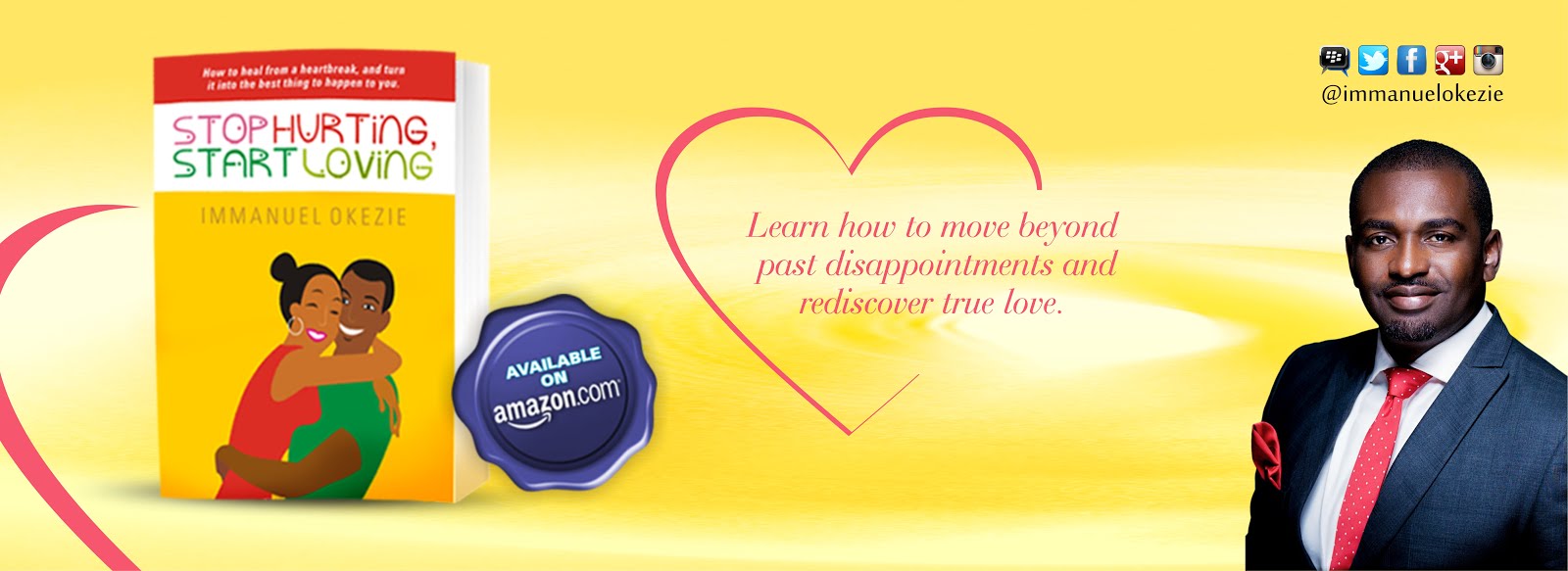Esther’s Chat with OJB Jezreel: Talks Extensively About the OJB Foundation, and What To Expect From the Brand.
We all know how the
year 2013 was for prolific producer/singer/actor OJB. It was not an easy
one at all but we thank God that he saw him through and kept him.
I saw a piece on the
internet that talked about the OJB Foundation and its experiences so
far. Someone on the OJB Foundation team
had written this piece. I was impressed with what I read and I wanted to know
more about this organization and share. So
I went over to his office asking for an interview and he granted me one- with
no much delay. OJB can be nice like
that, lol, for real. Find out more
below:
Esther/ED: Do tell us about your foundation.
OJB: The foundation
is the OJB (Okungbowa Jezreel Babatunde) foundation. It’s not just born out of
the cliché (that people think) that because I went thru a kidney operation so that’s
why we set up a foundation. If you see the way we put it up we didn’t say ‘OJB
kidney foundation’ because our mindset is that as time goes on we’ll begin to stretch
our tentacles into other pressing projects like education, women rights etc.
People think that you have to be a woman to support women. We are not exactly fighting for things like a woman
becoming president but what we want to do is to educate the woman about her
position in the society. Women are builders, she shouldn’t just be asked to
stay in the home but she should be encouraged to build and contribute her quota
in the home and society. Predominantly
right now, what we are doing is to focus on the kidney situation.
Esther/ED: Why did you start the OJB
foundation? Have you always had it in mind to start one?
OJB: I have always
had it in mind to start a foundation, especially when I lost my daughter to
heart disease. I’ve always thought about starting a foundation but you know how
sometimes you want to do something but you keep waiting to do it later. The wake-up
call for me was what happened to me last year. I could have died, you know. It makes me see that now that I have been
given a second chance, I tell myself, “Don’t procrastinate on the things that
you could have done”. I saw the need to
contribute, to be part of the system, and to be part of change.
Esther/ED: When you spoke about the woman
rights activities, you were really on point. Hardly do you find such NGOs run by men, you
only find women passionate about this area and people tag them as feminist.
OJB: Mine is coming from a different perspective.
In Nigeria, if you want to make change, you have to first understand the history
of what’s on ground. Most times, women
are fighting for not been giving enough opportunities. The first thing to do is
not to fight for recognition but to identify why you are not been recognized. We
are tackling the aspect of education and reorientation. Our society has put on the
bulk of taking care of the family on the man. Even when our daughters want to
marry we advise her to marry a man with more than enough material. Society
itself has conceptualized it to be that way. We all need to undergo a reorientation
ourselves, so the woman begins to see herself as a contributor. If the woman begins to see herself as a
partner in the building of the home, she will naturally begin to see herself as
a partner in the building of society. It
is laudable to fight for the right of the woman but it is more important that
we deal with the source of the problem. The source of the problem is the
orientation that has been on ground. For example, why will a girl go to the
university, graduate and still wait for only a man to take care of her and buy
her things? Then why did she go to school? This is the part we are looking out
for. We are saying don’t go all that far and waste it because this is the same
thing you were running from. What you are running from is that thing that
relegates you to the background and this why you’ve gone to get an education in
the first place. We are saying to the
women that the opportunities to rise like the men are there. Men do not have an
association that says “women don’t rise”. The issue is the mentality and this is why a
re-orientation is required.
Ours is not the
regular women’s right activities that go on. We are not trying to raise funds
for women. What we are trying to do is
to help society have the right orientation.
Esther/ED: As for the foundation, how does it
work? What’s the plan?
OJB: For the kidney situation
especially, the OJB foundation is partnering with people with great ideas. We just partnered with the Bow Tie Club and they
say they want to be able to find a way to create a trust fund. It’s a purse
where people donate money into it and it is monitored by government and some other
registered trustees. We do health camps and we keep a record of those who are
going through this situation. So from the funds we have and our records, we
take people out for treatment.
We’ve also partnered
with the Kidney Patient Forum. The Kidney Patient Forum looks at the pre and
the post situations involved in dealing with the kidney disease. The pre-state
is always a major problem. In America
and some other countries, people are on a dialysis machine for like 10 – 15years
but in Nigeria people do 2years and you hear the person dies because they can’t
sustain themselves. This is why some people rather look for the money for the transplant
than be on dialysis for too long. In the
pre-situation, the tension is not just on the patient but affects the entire
family. I can testify to that. You could spend close to $1500 a month on
drugs. This takes a toll on the family. The idea is to help to ease the tension
before and after. For example, in the post state, a patient can be aided with
getting drugs at cheaper costs. This is
what the Kidney Patient Forum does.
Esther: I saw a poster online not too
long ago. Did you just release a single or an album? What are you doing as per
music?
OJB: As per music, we are still on it. From this year, more
will be happening. By reason of all that happened to OJB in 2013 and before
then, there has been a rebranding of OJB. It’s not like one is trying to say “I’m trying
to blow again”. The important thing is that I am still doing
music and people need to understand and appreciate that. A lot of people put pressure on you, asking for
your music. Really, they are talking
from the perspective that you should go meet some popular young artiste for
collaboration so as to feel relevant. That’s
not the level where one is right now. What
we are doing with the management is to work and take advantage of the brand
equity. There are too many dimensions to
the brand, OJB.
To get information on how to support the OJB Foundation, tweet @ojbjiggaman.






























Leave a Comment